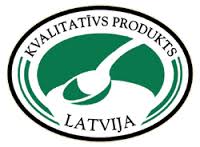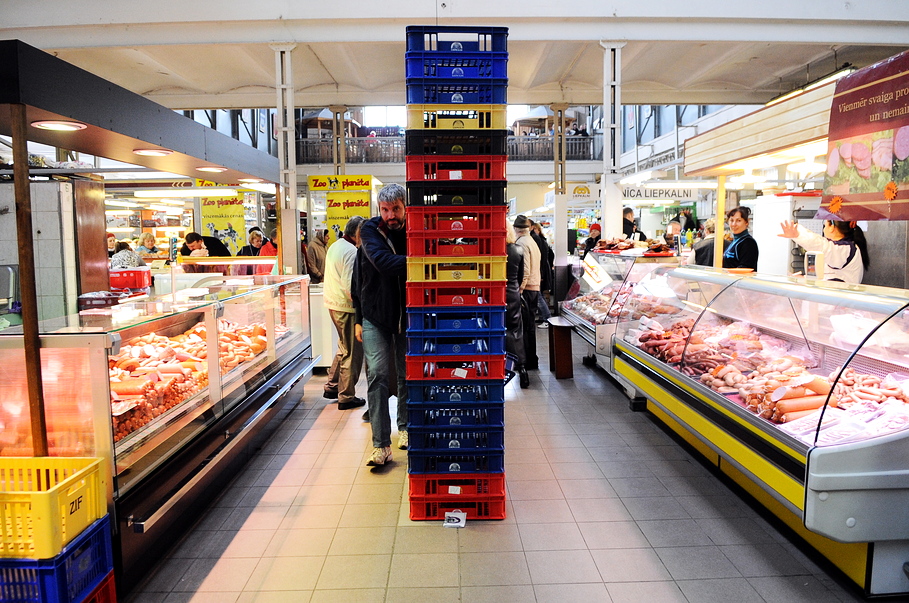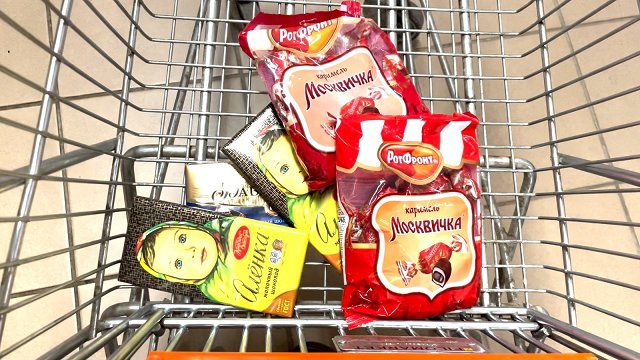The meeting with sector representatives was attended by the Latvian Food Producers’ Association, Merchants’ Association, the Chamber of Trade and Industry (LRTK), the Consumer Protection Bureau and Competition Council.
“Given the huge role of retailers in getting our producers’ goods to shoppers, I’m pleased that we were able to arrive at solutions to help us maintain our jobs and production facilities,” said Economics Minister Vjaceslavs Dombrovskis.
“It’s no secret that there have been differences of opinion between producers and merchants and that cooperation hasn’t always been ideal. But as these very real sanctions are hitting Latvia’s enterprises, I call on everyone to put differences side and support each other to survive this difficult time,” Dombrovskis said.
A representative from the Latvian Food Producers’ Association stressed that now would not be the time to single out just those producers most affected by the embargo, but rather try to launch support for all of Latvia’s dairy, meat, vegetable and fruit growers, producers and processors.
Skaidrīte Ābrama of the Competition Council called on retailers to review current billing and settlement practices, shortening terms of payment for delivery of fresh goods and other mitigating measures.
On its part the LRTK announced that it would launch a “Buy Latvian!” campaign, with Prime Minister Laimdota Straujuma agreeing to serve as its patronesse. The Agriculture Ministry currently has a similar national food quality labeling scheme in place known as "the Green Spoon" for its signature trademark logo.

“When we buy a product at the store that isn’t made in Latvia, we could very well be putting a relative, friend or former classmate out of work,” LRTK board chairman Jānis Endziņš told the media Wednesday.
Endziņš said that the premier had agreed to develop export support programs and a stable and predictable mid-term tax policy for the next five years. He also suggested that risk capital funds and credit unions be developed as alternatives to currently restrained banking credit portfolios. They have agreed to meet at least once a month from now on, scheduling their next talks for September 11.
On her part, Straujuma expressed support for “reasonable levels” of protectionism for Latvia’s food producers.
“I’d like to call this ‘reasonable protectionism’ – we should all be eating Latvian products, looking at what we consume. This is extremely important for local governments, state agencies and institutions for conducting procurements. I would fully support this, because our regional products signify the quality that we need,” she said.
As reported, on August 7 Russia put into effect its own full countervailing embargo on milk, beef, pork, poultry, fruit, vegetable and fish product imports from the EU, US, Canada, Australia and Norway. The import prohibition will be in effect until August 7 2015




























